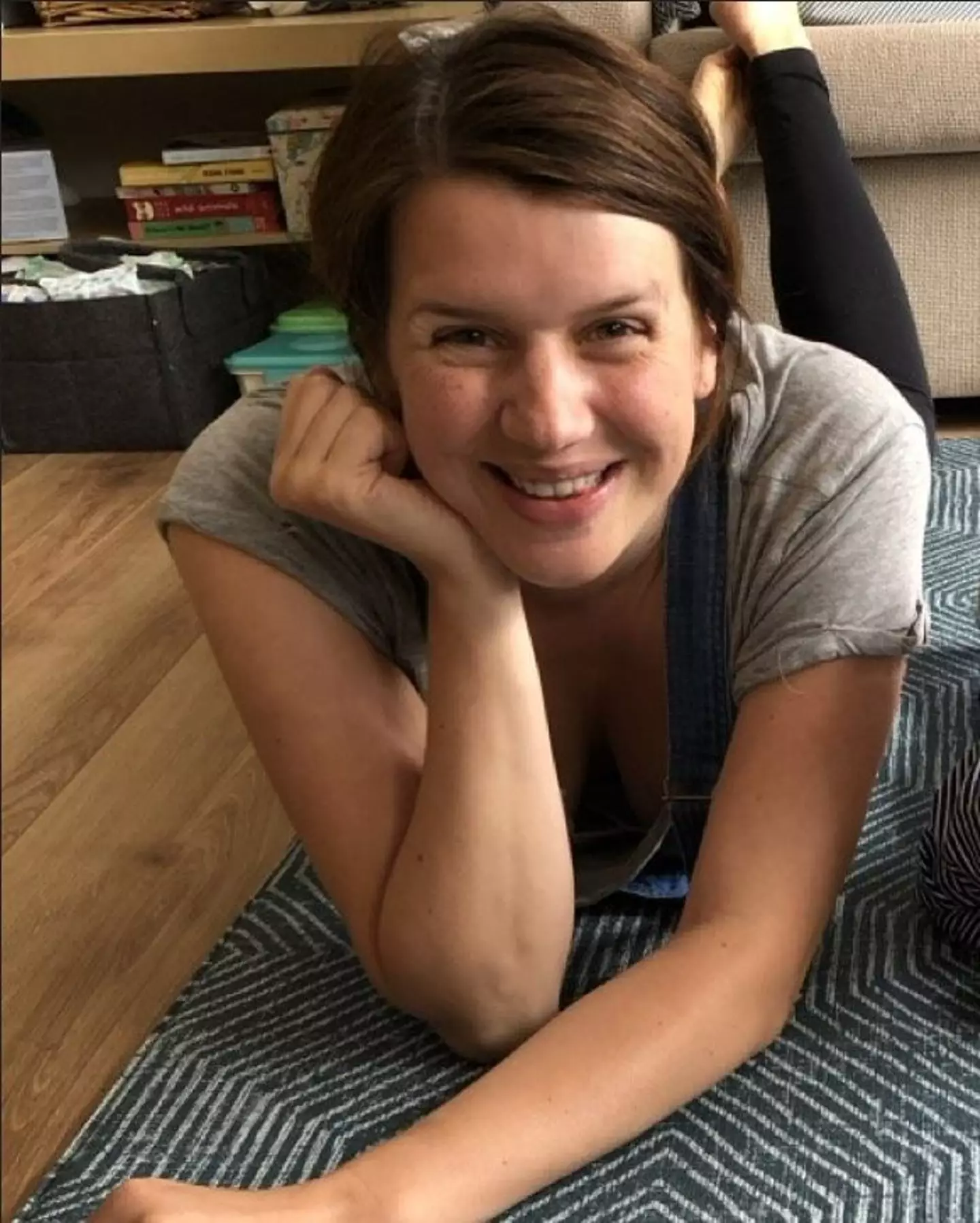A coroner’s inquest is currently examining the tragic circumstances that led to the deaths of a 34-year-old mother and her newborn daughter following a home birth in Greater Manchester. Jennifer Cahill and her baby, Agnes, both passed away in June of last year, just days after the birth. The proceedings have revealed that the mother was following a birth plan that a community midwife described as the most intense she had ever encountered in her career.
The midwife, Andrea Walmsley, testified that she and a colleague were called to Jennifer’s home to assist with the delivery. She described the environment as a “very dim” room and noted that the expectant mother was resistant to standard medical procedures. According to the midwife’s testimony, Jennifer refused essential medications, including one to prevent excessive bleeding after birth, and declined routine observations and examinations throughout her labor.

The family’s decision to pursue a home birth was influenced by a previous traumatic experience. Jennifer’s husband, Rob Cahill, explained that the birth of their first son, Rudy, three years prior had been extremely stressful. Jennifer had suffered a significant postpartum hemorrhage and both she and the baby had developed infections. This experience led her to feel that she lacked support in a hospital setting and fueled her determination to have a different kind of birth for her second child.
Medical professionals involved in Jennifer’s prenatal care acknowledged the complexities of her case. A trainee obstetrician, Dr. Azal El-Adwan, testified that she had met with Jennifer in March and advised against a home birth due to her high-risk status. However, the doctor also stated that it was not standard practice to explicitly discuss the risk of death with expectant mothers because the probability is considered low. The coroner is now questioning whether this reluctance to use stark language contributed to a lack of fully informed consent.

The inquest continues to explore the sequence of events, including the emergency call made by Rob Cahill when baby Agnes was found unresponsive. While the exact causes of death have not been formally released, the case has prompted a immediate review of local practices, with home births now being considered “against advice” in similar high-risk situations. The tragedy highlights the difficult balance between a mother’s birth preferences and the medical guidance designed to ensure safety.


